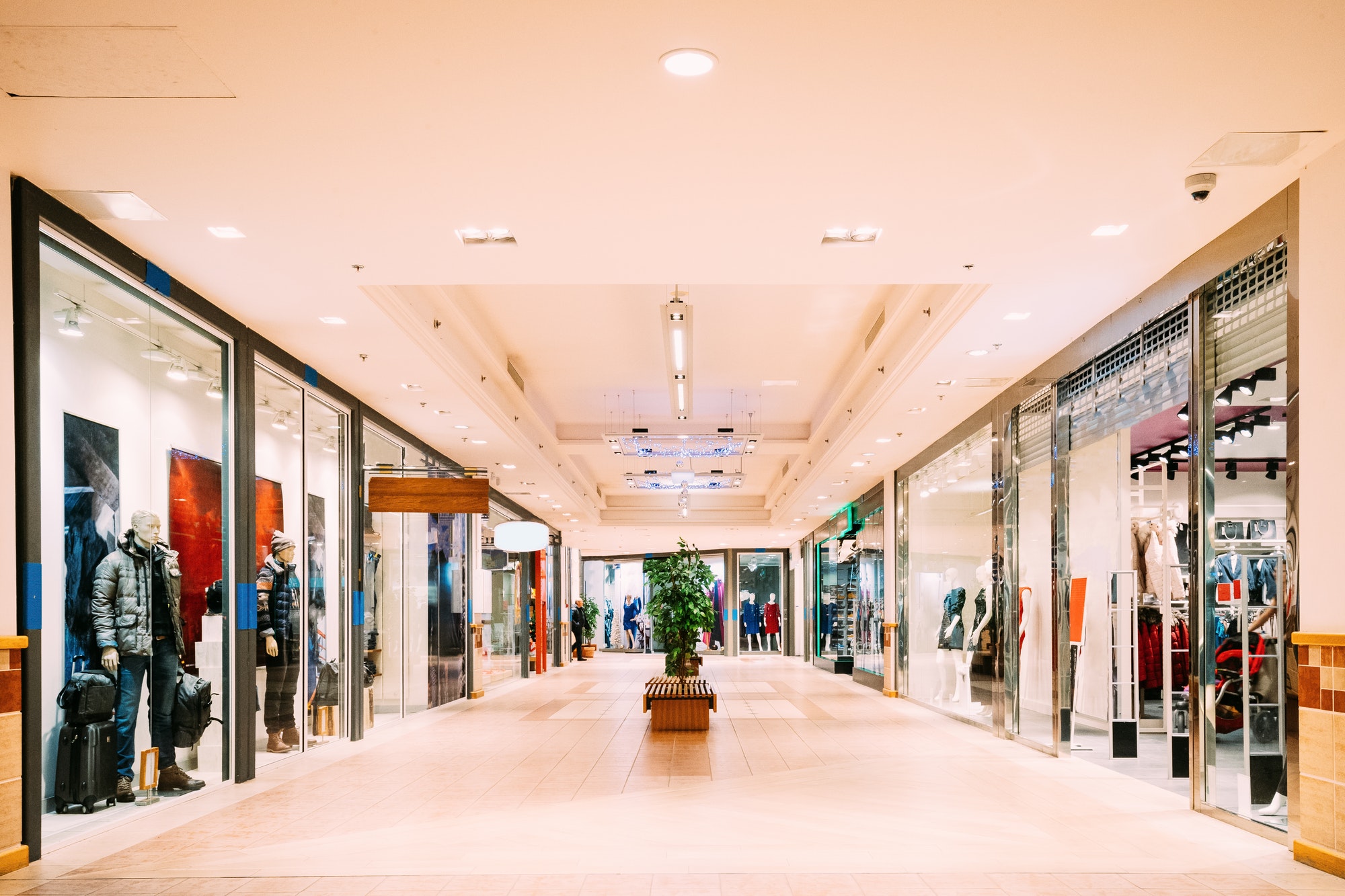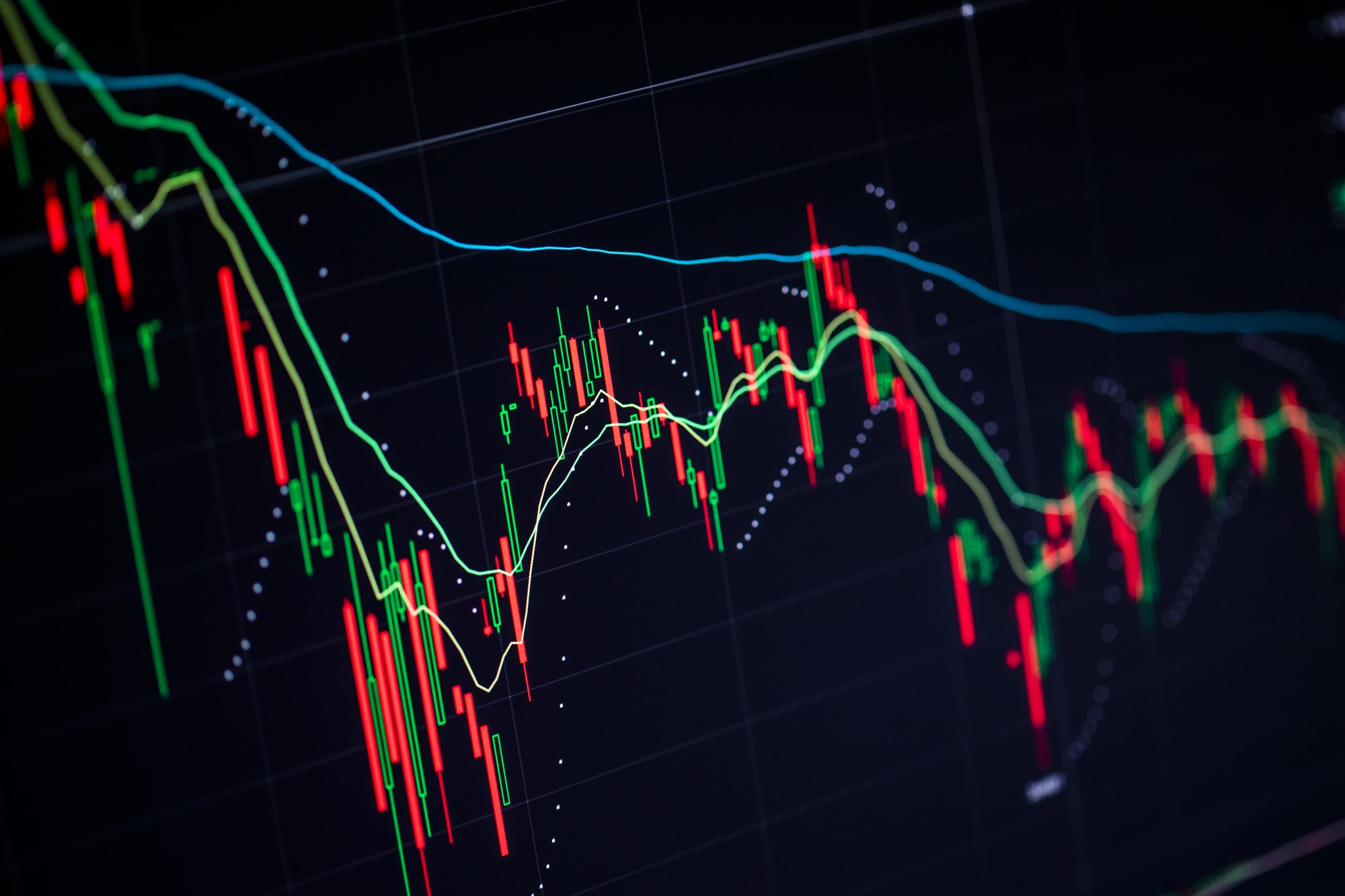Sectors
The role of business within sustainability is key. It is now business leaders that are the drivers for change.
By adopting the sustainability agenda, business organisations are now at the forefront of positive change. Through the adoption of Environmental, Social and Governance (“ESG”) reporting or wider environmental and social reporting e.g GRI large businesses are producing and delivering clear actionable programmes. These are delivering real economic, social and reputational benefits to the business and wider community.
Why are so many businesses opting to adopt businesses strategies that are embedded within sustainability?
The impetus to change for any business can be a combination of the following:
It has been statistically proven that consumers will pay a premium for a product or service from a purpose driven business over and above that of a similar product from a business that does not demonstrate being purpose driven.
There is also the argument that if you don’t, someone else will. Consider the disruptive impact of Tesla on the car sector and the investor returns it has generated for being a market innovator, Similarly, the impact of Patagonia in outdoor clothing, Orsted and Octopus on renewable energy supply, and the challenger banks in the retail finance sector …… the list grows every month
Green and sustainable practices can make your company more marketable. Consumers are more conscious of the environment and making improvements will strengthen your reputation. Whether you’re a manufacturer, retailer or service provider, highlighting your initiatives to the public will help you attract a whole new base of customers, resulting in increased sales.
Switching to a more sustainable strategy can be transformative and result in substantial cost savings and innovations. This can lead to more cost conscious approaches to the use of efficient lighting controls and integration of occupancy sensors to reduce energy waste in unoccupied offices. An upgrade to LED lighting is another example of reducing energy consumption, yet still maintain the desired levels of illumination and improve on colour rendering.
One of the more obvious benefits is that businesses become more waste conscious. The best example of this is 3M’s Pollution Prevention Pays Program, which from its inception in 1975 has resulted in the elimination of more than 1.5 million tons of pollution and saved 3M nearly $1.4 billion
As stated above, consumers are more environmentally conscious and the same is also true of the workforce. The second most viewed webpage on most corporate websites is that of sustainability or equivalent issues. Employers are consistently asked about sustainability commitments.
Employees work harder when they are engaged and have a sense of pride in their company. By internally communicating the importance of changes and the impact they are having on the business and environment, manufacturers will positively influence their corporate culture.
In many Western economies lending from major institutions now comes with the requirement for the borrower to demonstrate carbon reduction plans. For those companies embracing sustainability, obtaining finance is thus demonstrably easier.
Legislation – Given the commitments that most countries signed up to at Paris and COP26 in Glasgow it is very likely that countries will be introducing relevant legislation. For example, to date environmental disclosure has been voluntary in the UK, however from 6 April 2022, over 1,300 of the largest UK-registered companies and financial institutions will have to disclose climate-related financial information on a mandatory basis – in line with recommendations from the Task Force on Climate-Related Financial Disclosures. Whilst this is confined to large companies it will effectively include their supply chains and thus gradually the requirement will permeate the UK economy.
Given the commitments most countries signed up to at Paris and COP26 in Glasgow it is very likely that countries will be introducing relevant legislation. For example, to date environmental disclosure has been voluntary in the UK, however from 6 April 2022, over 1,300 of the largest UK-registered companies and financial institutions will have to disclose climate-related financial information on a mandatory basis – in line with recommendations from the Task Force on Climate-Related Financial Disclosures. Whilst this is confined to large companies it will effectively include their supply chains and thus gradually the requirement will permeate the UK economy.
In the UK concern about climate related issues was the main priority of the UK electorate in November 2021 overtaking both the Economy and also the Health Service. This also reflects the growing concern among the global population. Most, if not all, EU countries are focusing more on sustainability and supporting businesses that can meet the challenges.
Despite the pandemic, it has been shown that consumer expectation regarding sustainability has increased in every consumer study of scale. This creates pressure on the supply chain to change…..and this will only increase
The role of business within sustainability is key. It is now business leaders that are the drivers for change. The presence of leading figures from industry demonstrated the leadership role that business has now taken.
By adopting the sustainability agenda, business organisations are now at the forefront of positive change. Through the adoption of Environmental, Social and Governance (“ESG”) reporting or wider environmental and social reporting e.g GRI large businesses are producing and delivering clear actionable programmes. These are delivering real economic, social and reputational benefits to the business and wider community.
Why are so many businesses opting to adopt businesses strategies that are embedded within sustainability?

Hospitality – Hotels, F&B
Tourism including hospitality forms 9% of the global GDP and ca 10% of the global employment. Tourism is responsible for high levels of CO₂ emissions between 5 and 14% depending on the location.
Leisure, Wellness & Spa


Retail
For the property side of the retail assessment, please see summary in Leisure, Wellness and Spa.
Consumer Products


Professional Services and Agencies
Building, Housing, Offices and Education


Financial Services
Fashion

